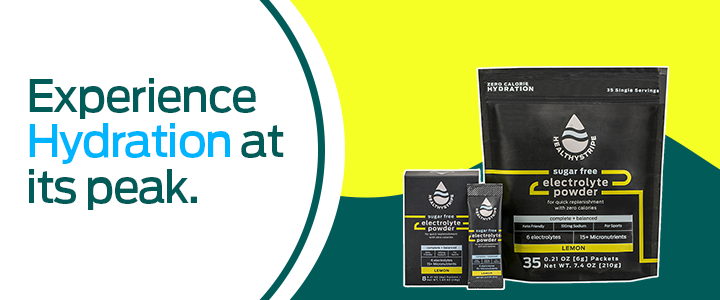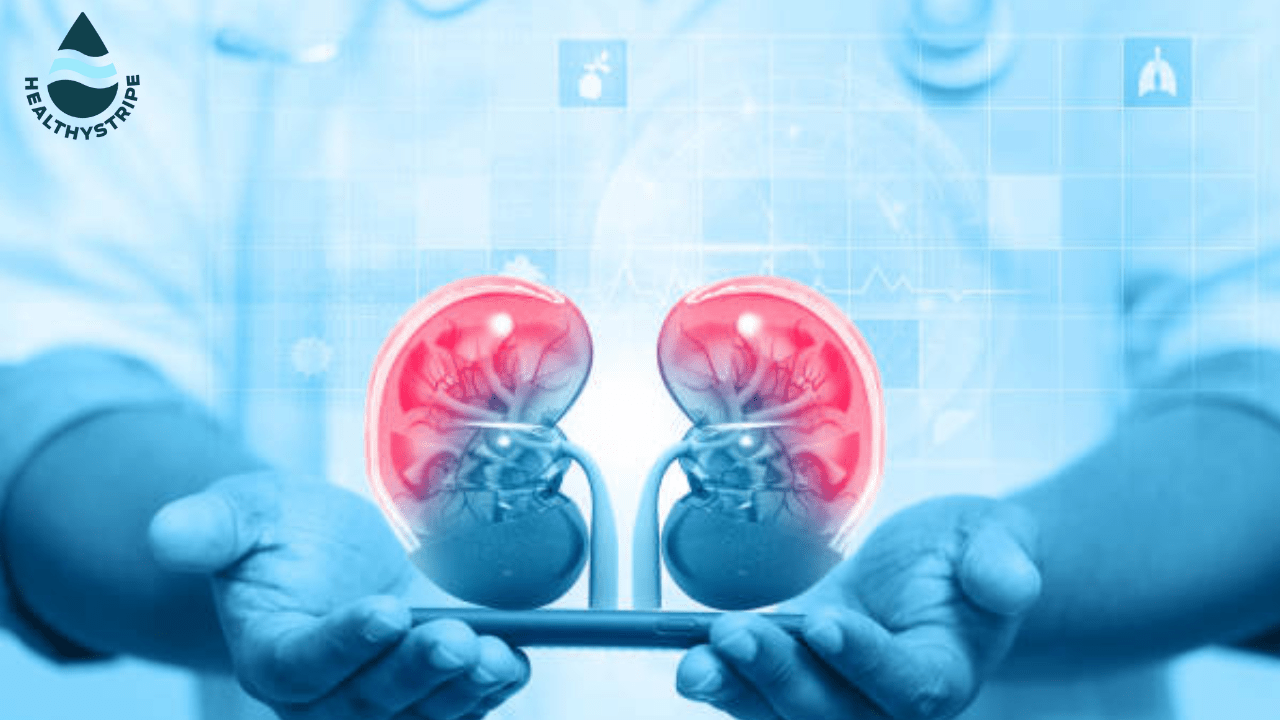Hypercalcemia: Too Much Calcium, Symptoms and Causes

Of all the many minerals our bodies need to function- Calcium ranks pretty high in the list of important ones. It’s essential for strong bones, and teeth and even for keeping our muscles contracting and heart beating.
Seems like Mum was right when she kept nagging you to drink your milk right? Perhaps not always.
Despite, its importance to the body too much calcium can be really harmful to us. Even though it’s relatively rare, affecting 1-2% of screened populations, hypercalcemia can be a serious disorder.
Let’s learn more about it so we may understand the causes and treatments.
What is Hypercalcemia?
Let us begin with gaining an understanding of what is hypercalcemia.
Hypercalcemia refers to an elevated amount of calcium in our blood. It is a condition in which the calcium level in your blood is above normal. Too much calcium in your blood can make your bones weaker, cause kidney stones, and stop your heart and brain from working properly. Most of the time, hypercalcemia is caused by overactive parathyroid glands.
More specifically, a person is said to be hypercalcemic when their calcium levels are two standard deviations above the mean calcium levels of 9-11 mg/dl.
Hypercalcemia leads to a series of symptoms that we should be aware of
Hypercalcemia Symptoms
Here are some of the major symptoms of hypercalcemia-
The kidneys are overexerted and face tremendous stress leading to
- Excessive thirst
- Frequent urination
- Abdominal pain
- Increased chances of kidney stones
There is an increased predilection towards gastric disorders and pancreatitis
- Constipation
- Peptic Ulcers
- Nausea
- Vomiting
Bones and other hard tissues are damaged
- Bone pain
- Osteoporosis
- Bending of bones
- Arthritis
- Increased rate of fractures
Muscle contraction is adversely affected
- Muscular pain
- Spasms
- Twitching
- Abnormal heart rhythms
- Lethargy
- Weakness
What are the Causes of Hypercalcemia?
So what is the reason behind this disorder?
Serum Calcium levels in our body are maintained by the interplay between a hormone- Parathyroid hormone(PTH) and a Vitamin- Vitamin D.
Parathyroid Hormone acts on calcium stores in our body to release calcium into the bloodstream.
Vitamin D ensures the regular reabsorption of Calcium in the kidneys.
The most common cause of hypercalcemia is primary hyperparathyroidism. This is a derangement in the four pea-shaped parathyroid glands causing them to secrete excessive amounts of PTH. Most often this is due to a benign tumour but can also be due to abnormal cellular activity or cancer.
Secondary hyperparathyroidism also plays a part as calcium is not absorbed from the gut, leading to the body secreting excessive PTH. You can learn more about hyperparathyroidism here
Apart from this, several diseases and even medications may lead to hypercalcemia.
- Severe dehydration can lead to transient hypercalcemia
- Diseases such as sarcoidosis, tuberculosis etc
- Excessive Vitamin D or Calcium supplementation
- Genetics
- Several types of cancers- breast cancer, lung cancer, renal cell carcinoma, rhabdomyosarcoma, blood cancers etc
- Medications such as lithium for bipolar disorders and some types of medicines for high blood pressure known as thiazides.
How to Diagnose Hypercalcemia?
Diagnosis is arrived at following clinical evaluation and blood testing. A test for Calcium in the blood will show elevated amounts. Depending on how much the calcium levels are raised hypercalcemia can be classified as follows-
- Mild hypercalcemia: 10.5 to 11.9 milligrams per deciliter (mg/dL).
- Moderate hypercalcemia: 12.0 to 13.9 mg/dL.
- Hypercalcemic crisis (a medical emergency): 14.0 to 16.0 mg/dL.
Once hypercalcemia has been established further testing may be needed to determine the cause. These include radiographs such as X- rays, DEXA scans, USG, CT scans and MRIs. Hormone function tests and kidney function tests may also be performed.
How is Hypercalcemia treated?
The treatment of hypercalcemia depends on the cause behind it. Here are some general guidelines-
- Drink plenty of water to prevent dehydration
- Surgery is essential in cases of parathyroid tumours
- Treatment of renal disorders
- Hypercalcmeic crisis requires hospitalisation, monitoring, administration of IV fluids and dialysis.
- Medication may be prescribed to combat the disorder
- Calcitonin helps to control calcium levels
- Thiazide diuretics may be replaced by loop diuretics
- Corticosteroids mayhelp to combat symptoms over the short term
- Bisphosphonates like pamidronate and bone-strengthening drugs such as denosumab may be given in cancer cases
What are the Complications of Hypercalcemia?
Hypercalcemia over extended periods may lead to several complications
- Kidney damage is a major concern and it may even cause kidney failure over extended periods of time
- Severe weakening of bones
- Gastric disorders such as pancreatitis and ulcers
- Kidney Stones
- Severe bone pain, bone weakening and arthritis
- Altered mental status
Takeaway
Hypercalcemia is rare but may be quite serious. The prognosis is usually good and may be treated definitively once the causes are known. You should drink plenty of water and avoid excessive calcium and Vitamin D supplements. If left untreated it may lead to severe complications.
Hypercalcemia Related FAQs
Here are the answers to some frequently asked questions
Is high calcium a sign of cancer?
How long do you have hypercalcemia before you die?
You need not worry about dying just because you have hypercalcemia! It is usually imminently treatable and can be managed with the right treatment
What should I do if my calcium is high?
The first step is identifying the cause behind the hypercalcemia and then going for definitive treatment. In the meantime, you should drink plenty of fluids and stop or replace any medicines that are causing hypercalcemia.
What is the most common cause of high calcium levels?
The most common cause of high calcium levels is a benign tumour of the parathyroid gland
What should I eat if my calcium is high?
You should take a well-balanced diet with plenty of water and avoid excessive amounts (but not completely cut down) of milk and other food products high in calcium.
What level of calcium is too high?
Calcium levels above 11 mg/dl are considered high
Depending on how much the calcium levels are raised hypercalcemia can be classified as follows-
- Mild hypercalcemia: 10.5 to 11.9 milligrams per deciliter (mg/dL).
- Moderate hypercalcemia: 12.0 to 13.9 mg/dL.
- Hypercalcemic crisis (a medical emergency): 14.0 to 16.0 mg/dL.









